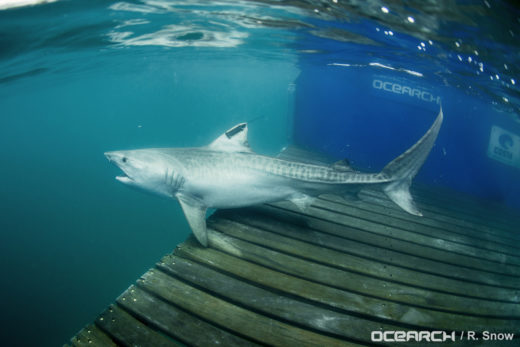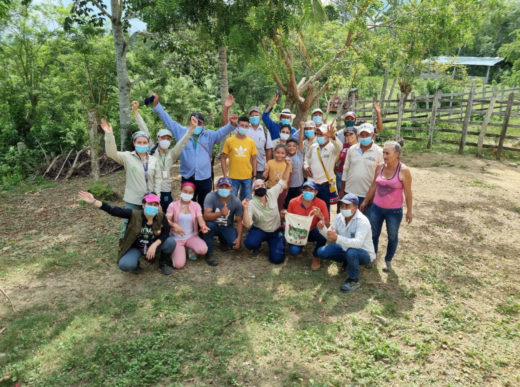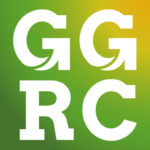By Iris Dicke
There are clear links between the causes of the Covid-19 pandemic and our long-term overexploitation of nature. When we misuse and destroy the natural world, we set the stage for numerous consequences including the emergence of animal-borne infectious diseases, such as Covid-19. At the same time, with the destruction of ecosystems, we reduce nature’s resilience and ability to combat such threats. Yet our basic needs, such as clean air, food and water are dependent on nature and commodities; toilet paper (still) grows on trees.
While the threats of biodiversity loss and climate change may not appear as immediate as that of Covid-19, they are nevertheless tsunamis on the horizon, increasingly likely to kill millions (1) of people much sooner than believed. To flatten the Covid-19 curve and the curves of CO2 emissions and species under threat of extinction, we need the urgent cooperation of global leaders. Failure to tackle these curves adequately will risk many more human lives and push people further into poverty. Therefore, governments must go beyond bailouts with safeguards and enact long term visionary economic response packages and parameters to address market failures and internalize environmental externalities.

Invest Now for Economic, Environmental and Social Resilience
National governments should take the following five steps for a green recovery
1. Create green, local jobs and businesses to address rising unemployment by e.g. investing in green public infrastructure and ecological restoration of habitats.
2. Empower self-organising locally-led initiatives and business, including small and medium enterprises (SMEs), thus reviving traditional diversity. In addition, secure land rights and food sovereignty where collective action and women’s empowerment play a key role for an inclusive and gender-transformative society.
3. Create a resilient and regenerative economy (2) by restructuring incentives and redirecting subsidies that benefit people and the environment, encouraging transitions to sustainable production and goods and shifting the focus to both a circular service economy and regenerative agriculture.
4. Implement regulations and set binding commitments aimed at significantly and rapidly reducing our GHG emissions and halting species extinction.
5. Focus on a Resilient Society that goes beyond the GDP measure of economic success. How we measure the impacts of Covid-19 and the recovery of our nations and societies cannot be captured by GDP. We must look beyond GDP and create resilience indicators that include human and planetary wellbeing. Nature conservation and climate change can be positioned as an economic development issue and not only as an environmental matter.
The Future We Deserve Needs Collective Crisis Leadership
The Covid-19 crisis has laid bare the injustices of inequality caused by the current economic system, within and between countries. Just as the severe, acute eruption of Covid-19 triggered crisis leadership, with sweeping changes implemented, biodiversity loss and climate change could be used to trigger such appropriate collective policy responses — or collective crisis leadership — from world leaders, as well. These crises could thus be seen as a window of opportunity, from which we can emerge stronger by focusing on a resilient and regenerative economy that safeguards public health and puts the wellbeing of societies and nature at the heart of decision-making.
Together, we can create a better world with green recovery.
1. Causes such as heat-related deaths, landslides, increased tropical storms, floods, droughts, hunger, diseases.
2. For example – New Zealand’s Living Standards Framework, Wellbeing Economy, and Amsterdam’s pilot to embrace the ‘doughnut economy’.









